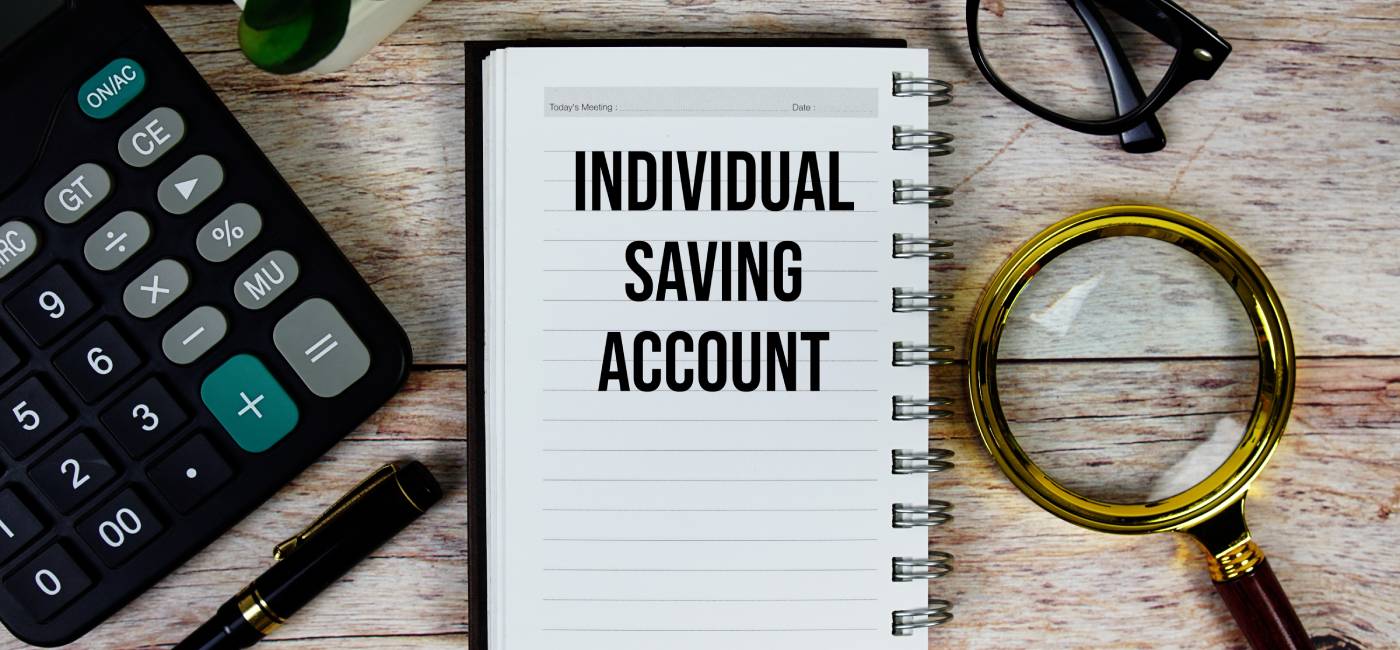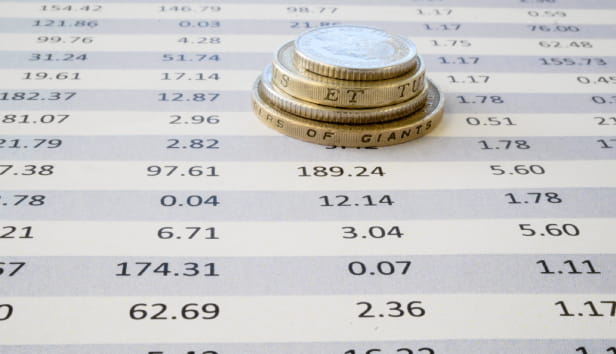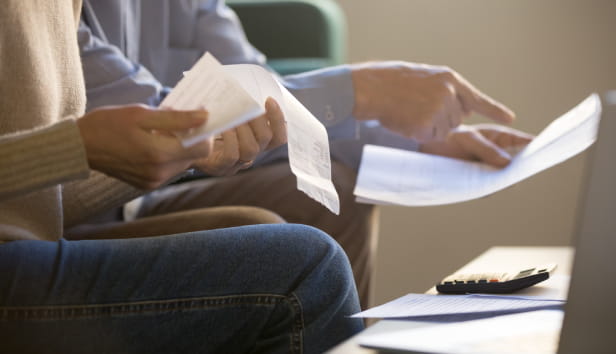The use of cash has fallen dramatically in recent years, as card and mobile payments have risen in popularity. The pandemic accelerated this trend – but since then cash seems to be on the rise once more.
So, could the UK become a cashless society, or is cash with us for good? And what are the pros and cons of cash payments?
What’s on this page?
Only 12% of all payments in 2023 were made using cash, according to figures from industry body UK Finance. That was down from 14% in 2022.
Cash use had been declining since at least 2014, a change which increased during the pandemic, which saw more people turn to online shopping and some businesses stop accepting cash.
But Nationwide says it has seen an increase in cash withdrawals for the last three years running. It recorded around 32.8 million cash withdrawals from the 1260 ATMs at its 605 branches in 2024 – a 10% increase on 2023. The average amount of cash taken out on each withdrawal from Nationwide ATMs was £112 in 2024.
Finn Wheatley, financial expert and risk analyst at The Small Business Blog, says: “Cash payments plummeted... between 2010 and 2020 and the Covid-19 pandemic only accelerated this trend, with even traditionally cash-reliant demographics like the over-50s doubling their contactless payment rates during lockdowns.”
Otto Benz, Director of Payments at Nationwide Building Society, adds: “The rising cost of living continues to impact people and many are opting to budget with physical money to avoid getting into debt.”
Meanwhile a NatWest survey in 2024 found that only 8% of UK adults report that they use cash “all of the time”. But the research found that reliance on cash is increasing in certain contexts, and it remains important for many in specific spending and budgeting scenarios.
The research found that cash is considered essential by the majority of people who are classed as vulnerable. It also found that even among those who prefer digital payments, three-quarters still carry cash for emergencies.
While some might like the simplicity and ‘feel’ of using hard cash, there are benefits to using your card.
Will Fenton, founder of financial comparison website and educational hub sterlingsavvy.co.uk, says that with a tap of your card or a click on your smartphone, transactions are swift and seamless. “It's also more hygienic – no more handling grimy notes or coins.”
Crime, including theft and robbery, is also generally reduced in a cashless society. While cash is essentially untraceable, digital payments are easier to track and credit or debit cards can quickly be cancelled if stolen.
“A digital payment system allows for greater economic transparency, which can help curb illicit activities like tax evasion and money laundering,” adds Wheatley.
The use of biometrics, including fingerprints and facial recognition on your phone, makes cashless payments more secure, while businesses save time by not needing to store cash or deposit it at the bank.
For keen travellers, paying by card rather than carrying around a wallet full of foreign currency is not only safer, but also much easier to organise and manage – and you can take advantage of the latest exchange rates too.
If you make payments online, by transferring money to someone else’s bank account, you also now have some protections against fraud which could mean that your bank will refund you.
One of the biggest concerns about going cashless is that those living in rural areas with limited broadband and mobile phone coverage could be left behind, as could those who are less comfortable managing their money online.
Figures from Age UK found that one in three over-60s says their life has become much harder compared to five years ago because of the shift to “digital first.”
Cashless spending can also be harder to control, as Wheatley explains: “Some individuals, particularly those with low incomes, find the tangible nature of cash helpful for budgeting – a purely digital system could make overspending easier.
“Additionally, as cash demand dwindles, the availability of ATMs is likely to diminish, compounding issues for the cash-reliant.”
Then there’s the problem of technical issues and IT glitches, or even cyber-attacks, that can unexpectedly grind everything to a halt and leave shoppers unable to make payments.
Martin Quinn, campaign director at Payment Choice Alliance, a body campaigning for the continued ability to use cash more widely, says recent IT glitches affecting retailers show how susceptible the whole payment system is to failure.
“If these retailers were more equipped for cash payments they could trade effectively, even with an IT issue, because cash doesn’t crash.”
Marks and Spencer has recently suffered what it called a ‘cyber incident’, which left it unable to accept contactless payments in-store, or to take orders on its website. And when it comes to making payments online, several banks have suffered technical issues in recent months, which have temporarily prevented some customers accessing their accounts.
Another potential issue is privacy. When you pay with cash, you remain anonymous. But when you pay digitally, you leave an online footprint, which can be monitored by financial institutions and other businesses.
While access to this footprint is protected, it still creates a record with the relevant retailer and is more complicated to manage than simply using cash.
The answer to the question of security isn’t clear-cut. Although digital payments offer protection against physical theft, in a cashless society you’re more exposed to scammers, hackers and the potential draining of your bank account.
James Bore, chartered security professional and managing director at Bores Group, told Saga Money: “Each option [cash and cashless] is more secure against different attacks. Cash is much more protected against any form of online fraud, while electronic money is safer from physical theft (though not completely safe).
“Which is more or less secure really depends on an individual’s situation at the time – £50 in your wallet is less secure than the cards in it if someone steals your wallet. But the same amount sitting on your desk at home isn’t going to be affected by an online shopping scam. “Cashless does provide more options for security, such as biometrics, location matching and similar, but these are only necessary because it is open to the relevant attacks.
“With cash, all someone can do is physically steal it, whereas cashless has a slew of other potential ways to be taken from a victim without ever being physically near them, and so needs better protections for these scenarios.”
.jpg?sc=max&mw=800&h=450&la=en&h=700&w=1300&hash=93EBD4B7F2B8A74242A35D49D55C7C6E)
So far, Norway, Sweden and Finland have been leading the way for cashless payments. Most of Sweden’s bank branches have now stopped handling cash, while many shops and restaurants will only accept card and mobile payments.
Wheatley says: “Sweden is often praised as a model for going cashless, though it hasn’t eliminated cash fully yet. Its transition was helped by nationwide efforts to build digital infrastructure and improve digital literacy, particularly for seniors.
“Creating similar UK programs for the over-50s could ease adoption.”
Yet despite being positioned at the forefront of building a cashless society, the Swedish central bank governor has since called for legislation to ensure that people still have the option of paying in cash if they want to and that no one is excluded.
The introduction of banking hubs – which have been opened around the country by major high street banks in association with the Post Office – could provide a welcome solution for those who still want to manage their money in a branch, as well as support people who are facing bank branch closures in their area.
On top of this, the Financial Conduct Authority (FCA) recently introduced new rules to ensure that people will still have access to cash if they need it, by mandating that banks must continue to offer accessible cashpoints.
Under the rules, banks and building societies must assess whether changes to local services, such as closing branches or cash machines, leave local communities lacking ways to take out or pay in cash.
The FCA also has the power to ensure that most people will have access to a free cash machine within a mile of their home, or three miles for those living in rural areas.
“Whilst the growing choice and convenience of digital payments is great, cash has an important and continuing role to play,” said the former Economic Secretary to the Treasury, Andrew Griffith, when announcing the new rules.
“That’s why we are taking action to protect access to cash in law and laying out that this means fee-free withdrawals and the availability of cash facilities within a reasonable distance.
“People shouldn’t have to trek for hours to withdraw a tenner to put in someone’s birthday card – nor should businesses have to travel large distances to deposit cash takings.
“These are measures which benefit everyone who uses cash but particularly people living in rural areas, the elderly and those with disabilities.”
The Labour government has so far not given any indication of any further policies to commit to the protection of cash payments since coming to power in July 2024.
If you’re concerned about going cashless – whether you’re worried about the security risks, or you don’t feel confident enough to manage your money online – there is support available to make things a little easier.
Caroline Abrahams, charity director at Age UK, says digital technology has much to offer and that Age UK always encourages older people to go online if they want to and they can, but there should always be an offline way of accessing services.
“In the meantime, many of our local Age UKs provide training courses for those who want to manage their money better and learn about going online,” she adds. You can call Age UK's Advice Line on 0800 678 1602 to ask about the opportunities in your nearest Age UK branch and to find out about any other local training opportunities – or you can visit the Age UK website.
If you’re worried about getting online at all, let alone banking digitally, Abrahams highlights there is easy help available: “The Online Centres Network [coordinated by the Good Things Foundation] has thousands of ‘Digital Inclusion Hubs’ across the UK.
“These provide digital skills advice and support, as well as access to public computers and the internet.”
You could also ask your local library about computer training opportunities or a family member or friend if they could help you get set up with online banking and digital payments.
Some banks offer digital content to help you stay safe online when paying digitally – and you don’t have to bank with them to get access.


We're here to help you make the most with your money. With a rage of financial services designed with over 50s in mind.

Find out whether you should open a tax-free savings account now


Find out the warning signs and follow these tips to avoid being conned.

.jpg?la=en&h=354&w=616&hash=F9CC575F418A6A99FA1D63301949576C)

.jpg?la=en&h=650&w=1440&hash=4B64BBA9F23C3E5C8BE2402E022FA481)